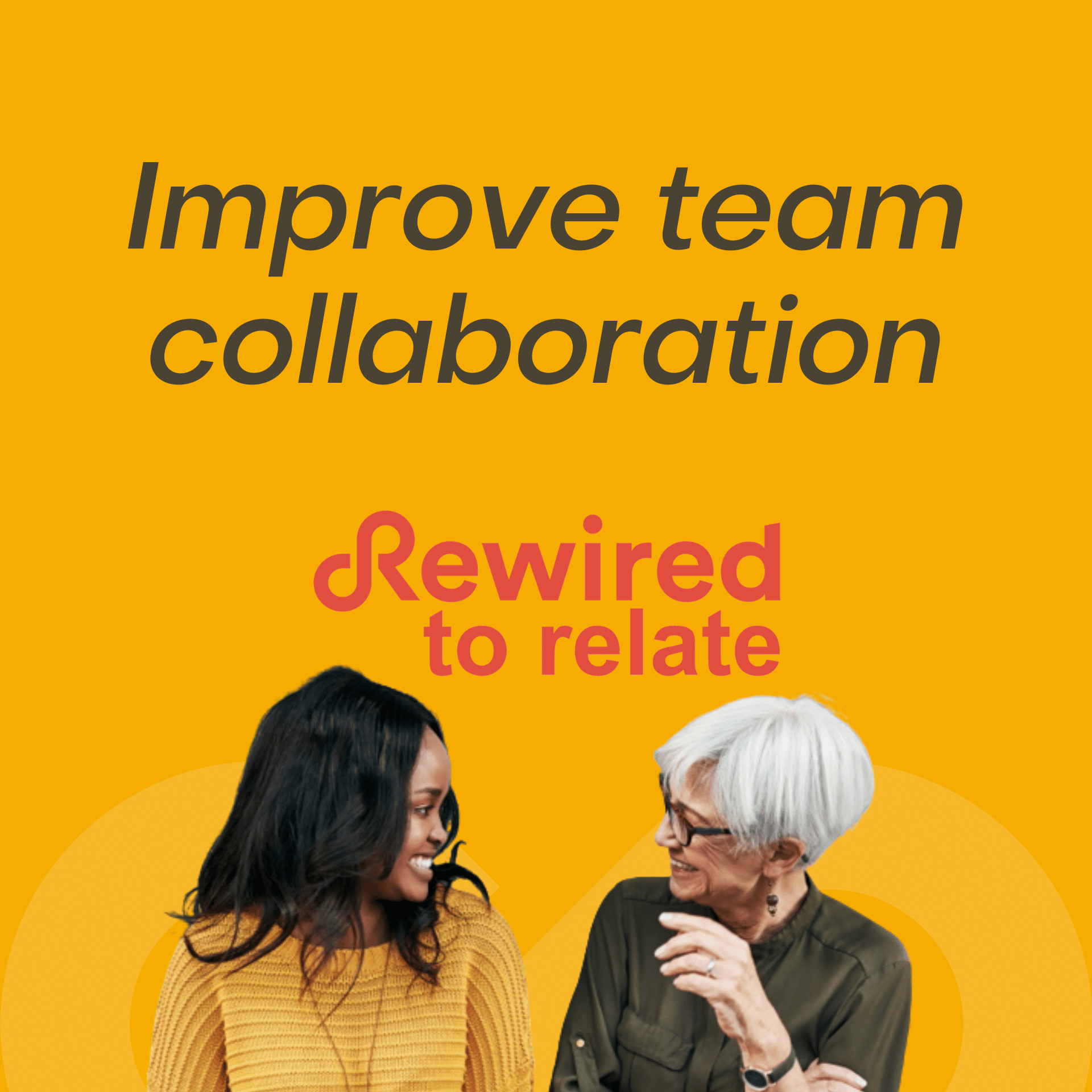
3 ways to increase emotional intelligence in teams
Emotions are an inevitable part of working in a team. As we work through a project, at times we may be happy, excited and motivated and at other times, we may be stressed, irritable or even angry, especially when a deadline looms. When team members cannot check their emotions, these can become detrimental to attaining results.
Teams will work more effectively when there is psychological safety (not being afraid that someone will criticise you for speaking up), empathy, high morale, great communication and an ability to work through differences and challenges. All of these characteristics require emotional awareness and regulation.
The team had less than 72 hours to complete the current project. James was adamant that his process was better at getting this project over the line; he was often quite inflexible at this point of a project, and suggesting alternatives only irritated him and had him dig his heels in. Marie could see that James’ current plan wasn’t quite going to work and she also knew that if they didn’t finish on schedule, she may be blamed for it because James was unlikely to accept responsibility. She was frustrated, but instead of unleashing her anger, she used her skills of empathy and communication and opened a conversation with him. By doing so, she learned that he felt underappreciated and he was concerned that he again wouldn’t get credit for his hard work. She helped him see how the new approach was only possible because of his hard work and great ideas and she ensured his contributions would be recognised.
How do you know if you have emotional intelligence in a team?
There are many ways to demonstrate emotional intelligence, but here are 3 key indicators:
- Empathy: Empathy helps team members listen to alternative points of view which is essential for alignment and collaboration. Understanding others’ responses also helps team members be conscious about the impact they have on others so they can work in harmony.
- Regulating emotions: Recognising and managing emotions can help team members work through conflicts or differences in opinion. Those lacking emotional intelligence may have difficulty regulating emotions and they may have outbursts of annoyance, impatience, or even rage, which can create a hostile work environment and have a detrimental impact on team chemistry.
- Interpersonal communication: When someone isn’t aware of their own emotions or curious about others’, they can struggle to read verbal and nonverbal cues effectively, resulting in misunderstandings or misinterpretations. Emotional intelligence raises the ability to read, accept and work with others’ emotional states, leading to higher levels of understanding and better communication.
How can you help others develop these emotional intelligence skills?
Being on a team together provides a great opportunity for people to develop interpersonal skills. Here are a few ways to do this:
- Enhancing empathy: encourage activities that promote perspective-taking. For example, you could have team members come up with different ideas, then they need to explain why someone else’s idea is a great option.
- Encourage emotional regulation skills: encourage employees to practise mindfulness or other stress-reducing techniques. Stress leads to more reactivity and less emotional management. Helping people manage their stress, helps them build resilience and builds the capacity to manage emotions.
- Improving interpersonal communication: encourage open dialogue and create a safe space for team members to express their thoughts and concerns without threat of judgement or criticism.
These are just a few ways to enhance the skills that will improve team performance.
For a deeper understanding of emotional intelligence and for other ideas on how to develop your team, talk to shooksvensen about offering Rewired to Relate to your team.
Rewired to Relate

Rewired to Relate uses a pragmatic approach to develop participants’ emotional intelligence.
Team members who engage in this programme together will understand each other better, increase trust and find productive ways of working together.
Come to What is Rewired to Relate?, a free webinar where you get to meet the creator of the programme and ask questions.
more info